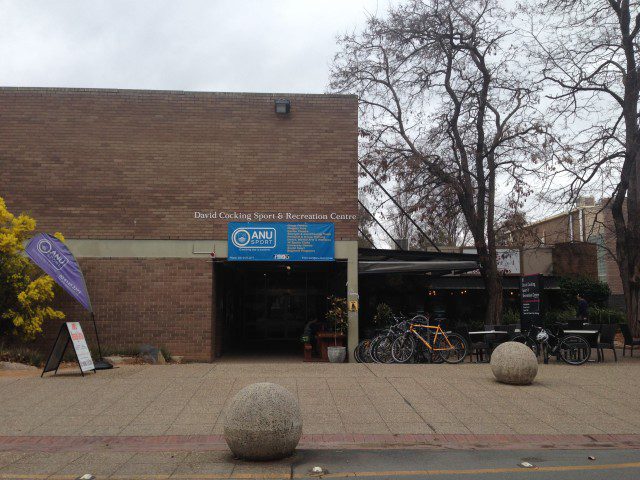Last Friday, the ANU Muslim Students Association held a funeral prayer in absentia for the victims of the Christchurch terrorist attacks. The event took place as thousands gathered in Christchurch to farewell victims. Those who are not of the Muslim faith were invited to attend in order to pay their respects to those who had lost their lives.
To the guests in attendance, he told them to speak out against islamophobic sentiment in society, and not to remain a silent bystander.
The Khutbah, or sermon, reflected on death and justice, asking those in attendance to question whether or not death was justice. The Imam asked us to consider if death really was the end and reassured the audience that good was rewarded and death was punished in the afterlife.
As a person who is not Muslim, or religious, I was utterly moved. Watching the community come together to celebrate their faith and to grieve their brothers and sisters was emotional for everyone in attendance.
While the prayers and Khutbah were occurring, a stream of people kept flooding into the sports hall. The image of people from across the diverse ANU community coming together was also poignant and reiterated the importance of intercultural understanding in times of difficulty.
The event was widely attended by those across the university, with Vice Chancellor Brian Schmidt heading the front of the guests’ section. At the end of the event, attendees mingled, with many Muslim attendees thanking guests for coming to pay their respects.
The Imam ended the prayer with two lessons: one for those of the Muslim faith, and one for guests. To those praying, he told them “this will happen again”. He reminded the congregation, however, that Australian society condemns such actions of violence. When thinking of Australian society, he said to think of those guests sitting next to them, showing solidarity.
To the guests in attendance, he told them to speak out against islamophobic sentiment in society, and not to remain a silent bystander. His message was a powerful reminder of the role of the individual in speaking out against injustice. Thankfully, the event showed that the ANU has a community of individuals ready to do just that.
If you or someone you know have been affected in any way, please reach out to the support services listed.
Beyond Blue Beyond Blue provides support and information on anxiety, depression and suicide. It offers a 24 hour hotline dedicated to crisis support for depression, anxiety and suicide prevention. Call 1300 22 4636.
Lifeline (13 11 14) A national charity providing all Australians experiencing a personal crisis with access to 24 hour crisis support and suicide prevention services. Call 13 11 13.
We acknowledge the Ngunnawal and Ngambri people, who are the Traditional Custodians of the land on which Woroni, Woroni Radio and Woroni TV are created, edited, published, printed and distributed. We pay our respects to Elders past and present. We acknowledge that the name Woroni was taken from the Wadi Wadi Nation without permission, and we are striving to do better for future reconciliation.
